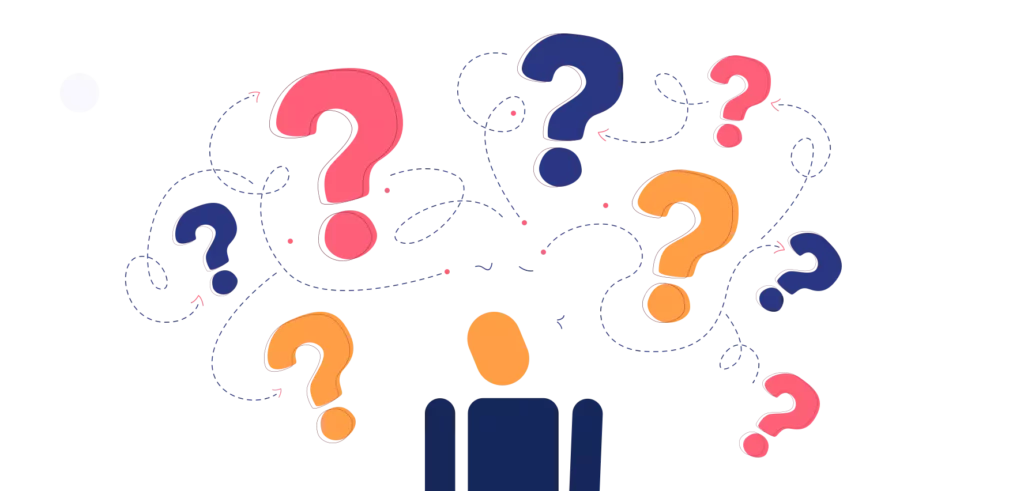In the ever-evolving world of artificial intelligence, do we stand on solid ground when it comes to evaluating the capabilities of AI? We’ll look at artificial intelligence today and see if an IQ test, often used to test how smart people are, is a good way to measure it.
Artificial intelligence, a term commonly paired with the concept of intelligence, borrows its comparison from the human brain’s capabilities. It’s tempting to grade AI’s intellect in the same way we approach human cognition – through tests and examinations. But does this truly paint a comprehensive picture of AI’s abilities?
Take, for instance, ChatGPT, an AI language model designed to engage in conversations, generate articles, and concoct ideas. It’s an impressive feat for a machine to perform tasks that are thought to be reserved for humans. But the premise starts to unravel when IQ tests are extended towards AI like ChatGPT.
Let’s visualize this with my granddaughter as an example. At five years old, she could already cite squares of two. Yet, no one proclaimed her a math prodigy. In stark contrast, when a language model such as ChatGPT reels off answers to IQ test questions, we tend to shower it with unabated accolades. Here lies the dilemma. Models like ChatGPT are trained on countless variations of these IQ tests. They become familiar with every possible question and answer. Therefore, when they respond to a standard test, can we truly label them as ‘intelligent’? As it turns out, presenting an IQ test to AI overshoots the essence of its capabilities.
Delving into history exposes a fundamental flaw in using IQ tests for AI. The test, originally designed by French psychologist Alfred Binet in the early 20th century, was meant to identify schoolchildren who needed additional help. Binet proposed a series of tasks to measure a child’s mental age, while emphasizing that his test isn’t a definitive measure of intelligence. The term Intelligence Quotient (IQ) only existed when German psychologist William Stern proposed a formula to compare mental age with actual age.
Recognizing that human intelligence embodies more than mere IQ scores is vital in this discourse. Human intelligence is a blend of emotional capability, social skills, creativity, and more. This understanding should be reflected in our evaluation of AI, pushing us to look beyond the scope of an IQ test.
AI systems excel in areas where humans stumble. Take crunching vast amounts of data, recognizing patterns, or performing rapid calculations – isn’t this a form of intelligence in its own right, deserving of recognition and not a comparison to human intelligence? We don’t hold calculators to human standards, do we?
So if we do wish to measure AI, we need to look beyond standardized tests and lean toward alternative research that better showcases the strength of these systems. It may be time for new benchmarks.
An IQ test for AI often falls short of capturing AI’s current capabilities and limitations. We must stop with the hand-me-down tests and develop a more in-depth understanding of what AI can accomplish. We must learn to appreciate this unique form of intelligence for what it is. No doubt, adopting an IQ test for AI is stupid.
I’d love to hear your thoughts on this. Do you share my views, or do you beg to differ? You are welcome to respond through LinkedIn or reach out to me directly.

